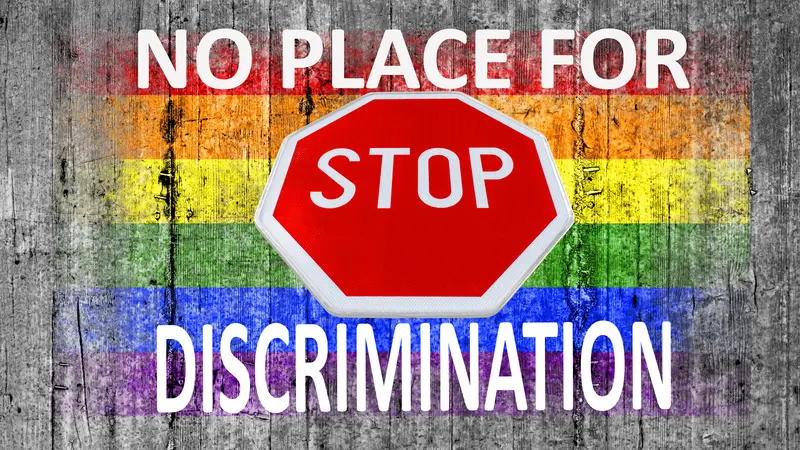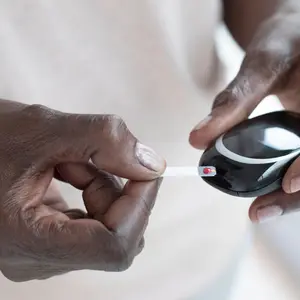

Chronic Conditions and Diseases

Chronic Conditions and Diseases
Finding LGBTQIA+ Friendly Healthcare
All too frequently, members of the LGBTQIA+ community are faced with discrimination when visiting a healthcare provider. According to the US Transgender Survey (USTA), 33% of respondents reported at least one negative experience in a healthcare environment, including refusal of treatment, harassment, and physical or sexual assault.
The online and anonymous survey, conducted in 2015, is the largest of its kind to examine the experiences of transgender people in the US. It covered a wide range of categories from education to health to housing and involved 27,715 respondents from all 50 states as well as US territories and overseas military bases.
According to the USTA, 23% of people did not visit a healthcare provider when they needed to due to fear of being mistreated as a transgender person. Additionally, 33% didn’t see a doctor as they couldn’t afford it, as many insurance companies do not cover gender-affirming healthcare services.
Transgender health specialist with the Cleveland Clinic Henry Ng says there are steps people can take to improve their search for LGBTQIA+ friendly providers. These include extending your search beyond your local area—for those living in rural areas this may be a necessity. Your local LGBTQIA+ community center may be a good starting point for recommendations, and forums on social media can be helpful to learn about other people’s experiences. Word of mouth, says Dr. Ng, can often be the most important factor in finding a trustworthy healthcare provider.
Dr. Ng also recommends using the Health Equity Index, which evaluates more than 1,700 healthcare facilities around the country based on equity and inclusion. Also, calling the healthcare provider ahead of an appointment and asking targeted questions can help you determine if the facility welcomes sexual and gender minority people. Questions might include, do LGBTQI+ employees work there, and what has been the provider’s experience working with patients from this community. For those looking for a specific service, such as pre-exposure prophylaxis (PrEP), which reduces the risk of contracting HIV by 99%, you should ask in advance if the facility offers it.
Dr. Ng says LGBTQI+ patients should advocate for themselves in a healthcare setting by, for instance, being clear about the pronouns they use. If lines of questioning from the provider appear inappropriately related to sex and gender when your office visit is unrelated, you should speak up, says Dr. Ng.
REFERENCES
Cleveland Clinic. (2022, January 13). How you can better access LGBTQIA+ friendly healthcare. https://health.clevelandclinic.org/lgbtqia-healthcare/?



 By
By








